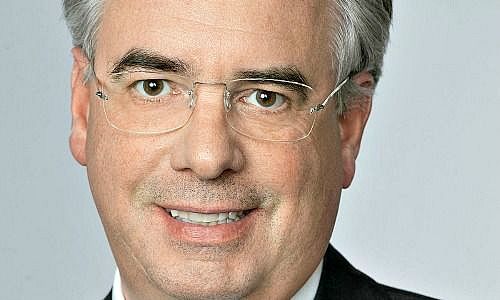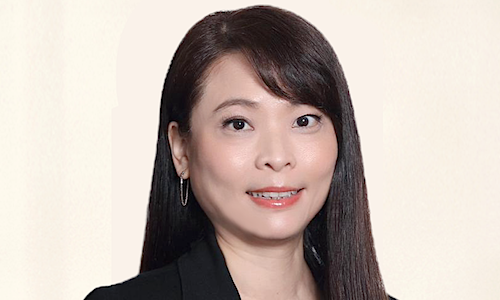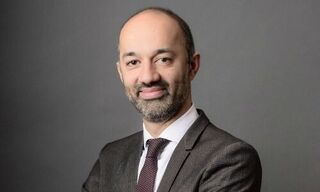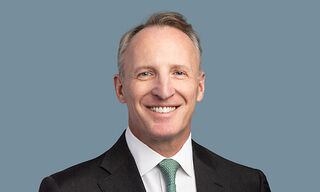In a rare interview, UBS asset management boss Ulrich Koerner reveals where he is setting accents instead of taking on the fund industry's top players and addresses speculation of a unit sale.
The asset management industry is peeling into two camps: niche players with unique products and heavyweights like Blackrock and Vanguard, who are using scale to hoover up market share.
UBS is neither niche nor huge. Its 700 billion Swiss francs under management make it Switzerland's largest, but internationally the Swiss bank falls to the 21st spot. By contrast, U.S.-based Blackrock manages $5.7 trillion in assets.
Cracking Top-Three?
But growing by acquisition isn't among UBS' priorities in asset management, the unit's head says in his first interview with a western media since taking the job in 2014.
«Many acquisitions don't truly add value for shareholders. We'd rather wait,» UBS' Ulrich Koerner says in an interview published online by Swiss monthly «Bilanz» (in German).
According to Koerner, the unit never has never had the ambition to compete against top three Blackrock, Vanguard and State Street, which the Swiss bank reportedly was in sale talks with several years ago.
UBS' conundrum is that banks aren't necessarily the best owners of asset managers, as big houses outflank mid-tier rivals.
No UBS Disposal
UBS' rivals have taken consequences: Credit Suisse has ditched large parts of its asset management business and Deutsche Bank is poised to partially list its activities.
By contrast, Koerner puts the kibosh on speculation that part of all of the unit will go, saying «that's not an issue for us.»
Instead, the 54-year-old Koerner is focusing on organic growth in markets like Asia, where he says the Swiss bank is in the top three.
UBS recently notched up a victory in China with a private fund license, as finews.asia reported. Koerner wants to grow in Europe too, where he says UBS is ranked second among active fund managers and fourth in the fast-growing business with exchange-traded funds, or ETFs.
Missed U.S. Chance
He has all but written off the ETF business in the U.S., a huge market which UBS long neglected. Entering the market now would be «incredibly expensive,» he said.
An asset manager's independence is vital, and Koerner is adamant that UBS' army of private bankers are told to «prefer» the Swiss bank's own products before those of rivals.
«We are one of several hundred product providers for UBS wealth management and are in full competition. There is no preferential treatment. It's been this way for years,» he said.
Lofty Goals
The advantages of being part of a large wealth manager? Access to investment and product expertise for regulatory purposes, and the benefit of a powerful, solidly-capitalized brand, according to Koerner.
Koerner set up several targets when he took over from his predecessor, John Fraser, who now runs Australia's Treasury: doubling assets under management, generating at least 1 billion Swiss francs in pre-tax profit, and lowering the unit's cost-income ratio to less than 70 percent.
He is miles from any of these targets: assets have risen less than 20 percent – to 697 billion francs from 583 billion when he joined the unit – while the cost-income ratio is still well over 70 percent. The unit's profit last year was 552 million francs before tax, a figure Koerner must find a way to double if he wants to meet the targets.

























